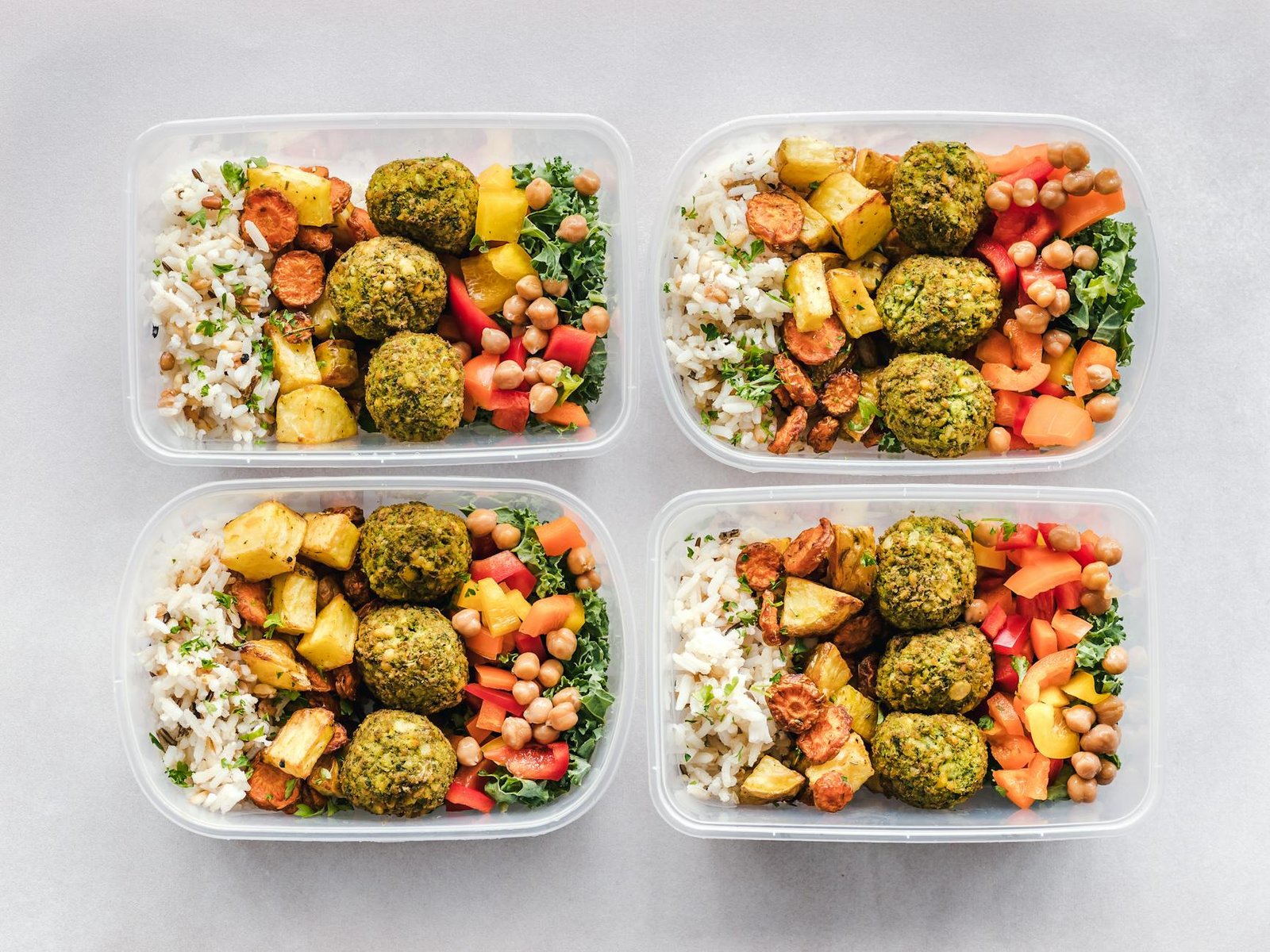Last Updated on September 18, 2024 by Daniele Lima
Find Out What Essential Proteins Are And How To Incorporate Them Into Your Diet
Proteins are essential components for the proper functioning of our body and play a vital role in building and repairing tissues, producing enzymes and hormones, and strengthening the immune system. Knowing the best sources of protein and how to incorporate them into your daily life is important to ensure a balanced and healthy diet.
A high-protein diet not only promotes muscle growth and recovery after exercise but is also essential for a variety of metabolic and cellular functions.
Protein sources can range from animal to plant-based, each offering a unique amino acid profile and nutritional value. With so many options available, it can be difficult to choose the right one for your needs. This article simplifies this task by presenting the five most important proteins and valuable tips on how to incorporate them into your diet in a delicious and effective way. Whether you want to optimize your health, increase your energy, or simply diversify your diet, read on to learn how protein can transform your well-being.
Table of Contents
Top 5 Essential Protein Sources for Optimal Health
1. Chicken: Lean Protein Powerhouse
Chicken is one of the most popular and versatile sources of protein. It’s rich in essential amino acids, so it’s important for building and repairing muscle. Furthermore, chicken meat is an excellent source of vitamins B3 and B6, which promote energy metabolism and brain activity.
Benefits of Chicken:
- High-quality protein content
- Low-fat content, especially in skinless chicken breast
- Rich in vitamins B3 and B6
2. Eggs: Nature’s Complete Protein Package

Eggs are a protein superfood. Because they contain all nine essential amino acids, they are considered a complete protein. They are also rich in choline, essential for brain health, and antioxidants such as lutein and zeaxanthin, which are beneficial for eye health.
Benefits of Eggs:
- Complete protein with all essential amino acids
- Source of choline and antioxidants
- Versatile and easy to prepare
3. Lentils: Plant-Based Protein Superfood
Lentils are an excellent source of plant-based protein, especially for vegetarians and vegans. They are also rich in fiber, which promotes digestion and satiety, and contain vitamins and minerals such as iron and folic acid.
Benefits of Lentils:
- Rich in vegetable proteins
- Rich in fiber and essential nutrients
- Low-fat and low-calorie
4. Salmon: Omega-3 Rich Protein Source
Salmon is one of the best sources of animal protein and is also rich in omega-3 fatty acids, essential for heart and brain health. Salmon also provides a good dose of vitamin D, which is important for bone health.
Benefits of Salmon:
- Rich source of high-quality proteins
- Rich in omega-3 fatty acids
- Source of Vitamin D
5. Quinoa: Gluten-Free Complete Protein
Quinoa is a complete plant protein that contains all essential amino acids. Plus, it’s rich in fiber, vitamins, and minerals, making it a great gluten-free alternative to traditional grains.
Benefits of Quinoa:
- Complete vegetable protein
- Rich in fiber and essential nutrients
- Naturally gluten-free
How to Incorporate Essential Proteins into Your Daily Meals
- Chicken:
- Grilled or roasted with herbs
- Grated into salads or wraps
- In soups and stews for comfort food
- Eggs:
- A quick recipe for cooking snack
- Omelet with vegetables for a nutritious breakfast
- As an accompaniment to scrambled or poached eggs
- Lentils:
- In soups and stews
- Salad base
- Homemade veggie burgers
- Salmon:
- Grilled or roasted with lemon and herbs
- In salads or pasta dishes
- For sushi or sashimi for a light and healthy meal
- Quinoa:
- As a substitute for rice or other grains in main dishes
- In salads or nutritional bowls
- In breakfast recipes such as porridge or briquettes
Balancing Protein Intake for Optimal Health

The ideal amount of protein varies from person to person, depending on factors such as age, gender, level of physical activity, and health goals. On average, it is recommended that adults consume about 0.8 to 1 gram of protein per kilogram of body weight.
Is it possible to obtain all the necessary proteins from plant sources alone? Yes, it is possible to get all the protein you need from plant-based sources, especially if you include a variety of protein-rich foods like lentils, beans, quinoa, tofu, and nuts.
Can excessive protein consumption be harmful? Excessive protein consumption can lead to health problems such as kidney overload and digestive problems. It is important to balance your protein intake with other essential nutrients and not overdo it.
What are the signs of protein deficiency in the body? Some signs of protein deficiency include fatigue, loss of muscle mass, weak hair and nails, weakened immune system, and difficulties with wound healing.
Can I replace meat with other protein sources? Yes, you can replace meat with other protein sources such as eggs, fish, lentils, tofu, and quinoa, ensuring you are still getting all the essential amino acids and nutrients you need.
What is the difference between complete and incomplete proteins? Complete proteins contain all nine essential amino acids in adequate proportions, while incomplete proteins lack one or more of these amino acids. Examples of complete proteins include eggs, meat, fish, and quinoa.
Conclusion: Essential Proteins for a Balanced and Healthy Lifestyle
Including a variety of protein sources in your diet is important so that you get all the nutrients that your body needs to function correctly. Whether you prefer meat, fish, or vegetable foods, the five essential proteins highlighted in this article offer delicious and nutritious options for all styles of life. Try different recipes and discover how these proteins can change your health and well-being.
It’s important to remember that moderation and balance are important. The consumption of different protein sources not only guarantees a complete range of essential amino acids but also promotes a rich diet, avoids food boredom, and promotes a healthy lifestyle. When integrating proteins in your daily meals, you don’t just take care of your physical health but also encourage conscious eating and pleasant. Be aware of best practices in food and make choices that meet your individual needs and preferences.
Frequently Asked Questions About Essential Proteins
What is the recommended daily protein intake?
Adults should consume about 0.8 to 1 gram of protein per kilogram of body weight, varying based on factors like age, gender, activity level, and health goals.
Can I get all necessary proteins from plant sources?
Yes, it’s possible to obtain all essential proteins from plant-based sources by including a variety of protein-rich foods like lentils, beans, quinoa, tofu, and nuts.
Is excessive protein consumption harmful?
Yes, excessive protein intake can lead to health issues such as kidney strain and digestive problems. It’s important to balance protein consumption with other essential nutrients.
What are the signs of protein deficiency?
Signs of protein deficiency may include fatigue, muscle mass loss, weak hair and nails, weakened immune system, and slow wound healing.









Leave a Reply